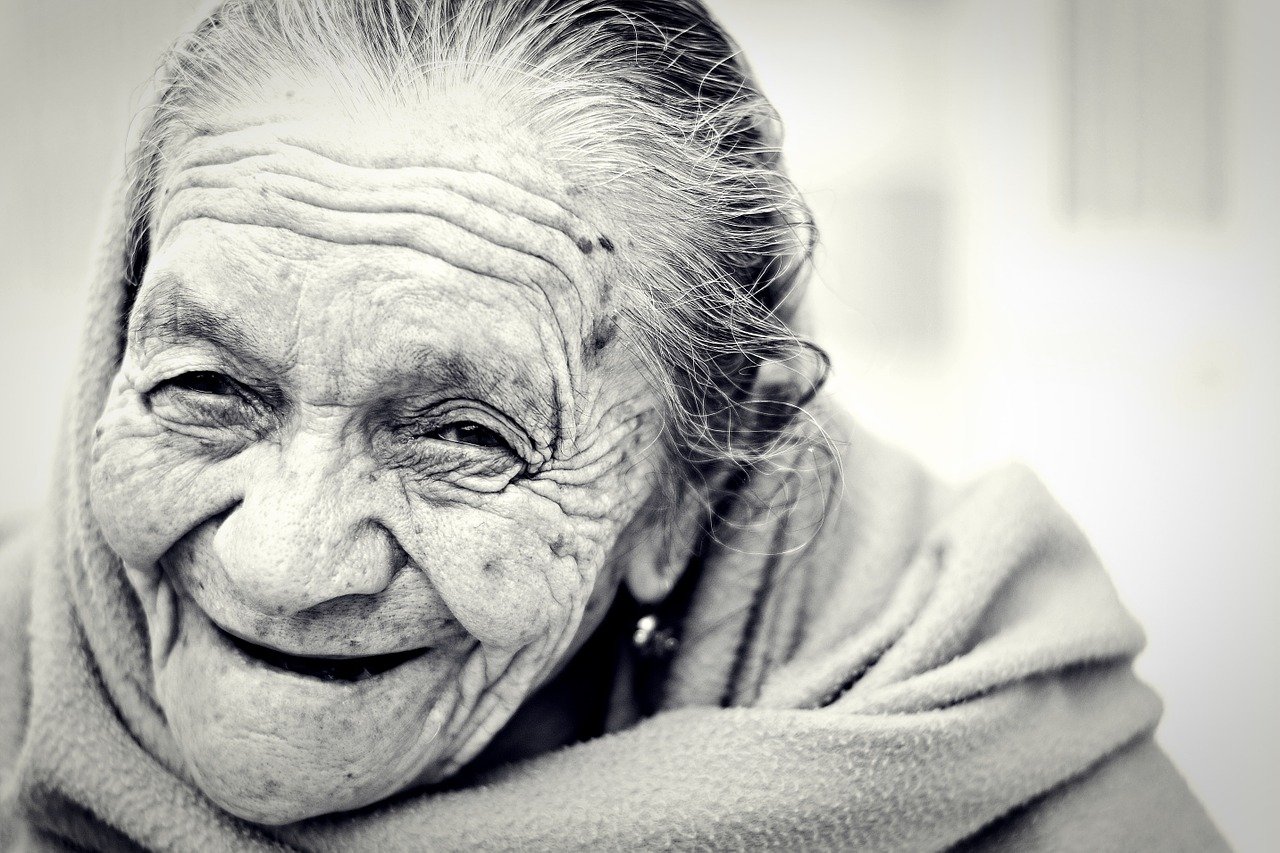
You can easily find all sorts of articles about when human intelligence in all of its forms peaks on the internet. For example, I particularly enjoyed one such article from science alert. As the piece states, different types of intelligence peak over different ages in one’s life. (1) We can always count on granny’s wisdom. Yet, we now know that many mathematicians write their seminal papers when they are young. But what about radiologists? Do we make the best radiologists when we first get out of fellowship and have just taken the boards? Or, do experienced radiologists make overall better radiologists? These are difficult questions to answer, but I shall attempt to come up with a logical conclusion.
Evidence For Increased Quality Of Younger Physicians
To start with, scientists have concluded that visual perception slows down with age. One article from the University of Arizona summarized that visual ambiguity increases with age because of brain inhibition defects. Over time, older people have a much harder time identifying unfamiliar shapes. Other studies have also shown losses in light sensitivity, motion, depth, and color perception. Although not specific to a radiologist’s work, presumably, these defects in processing could affect a radiologist’s reads over time. (2) Score one for youth!
Recently, another article based on an observational study in the BMJ stated that patients had lower mortality rates in hospitals when physicians under 40 cared for these patients. However, interestingly, there was a big caveat in this article. These outcomes only applied to doctors that did not see a large volume of patients. (3) So, I am not sure how well this data applies to radiologists since most of us see large volumes of studies. Furthermore, most of us do not directly care for our patients, as the physicians studied in this paper.
Evidence For Increased Quality Of Experienced Radiologists
On the other hand, a study in Radiology explored the quality of reads of mammographers over different ages. In this paper, they determined that experience counts. Notably, they found a significant increase in pickups and a decrease in false positives occurred during the first 1-3 years of community radiology experience. And even more importantly, the paper showed no significant drop off in quality as one aged. The false-positive rates had overall decreased over time. (4) Score one for experience!
Personal Experiences (Not Hard Evidence!)
Through my years as a radiologist from residency to the current day, I have certainly seen some fantastic radiologists over 70. Unfortunately, that statement does not apply to all the older radiologists that I have met. Some had passed their prime and likely had stayed in the field longer than they should have.
For comparison, many new radiologists fresh out of fellowship tend to overcall on imaging. The dictations of these radiologists often contain more unnecessary words and flowery language that clinicians do not want to read.
In the middle between these two extremes lies the middle age radiologist. Again, not all radiologists are created equal. And, some miss more than others. But overall, I have found these radiologists have the least problems with missing findings, irrelevant dictations, and overcalling diagnoses. They tend to know what to look for because they have been practicing radiology long enough. Yet, these radiologists do not suffer from significant perceptual issues.
My Take On The Peak Radiologist Based On All The Information
The article on mammography cements my suspicions that experience does count. Also, it says to me; individual radiologists may peak at a later date. On the other hand, even with “better perceptual abilities,” I have never met a newly graduated radiologist that I would have preferred to read my imaging studies over someone with more experience. Based on my encounters, I am biased toward favoring a quality peak multiple years after finishing residency and fellowship. Yet, based on scientific evidence, I believe that at some point, the decrease in perceptual abilities does affect the quality of work of senior radiologists. So, I would say that the final years of work most likely are somewhat past a radiologist’s peak.
My bottom line for the new radiologist: If you are finishing residency or fellowship, you should expect to continue to work hard and learn over your lifetime. Even though you have studied an extreme amount of information to pass the boards and get through your training, believe it or not, your best days are probably ahead of you!
(1) https://www.sciencealert.com/this-is-the-age-you-reach-peak-intelligence-according-to-science
(2) https://uanews.arizona.edu/story/research-shows-how-visual-perception-slows-age
(3) http://www.bmj.com/content/357/bmj.j1797
(4) http://pubs.rsna.org/doi/full/10.1148/radiol.2533090070






